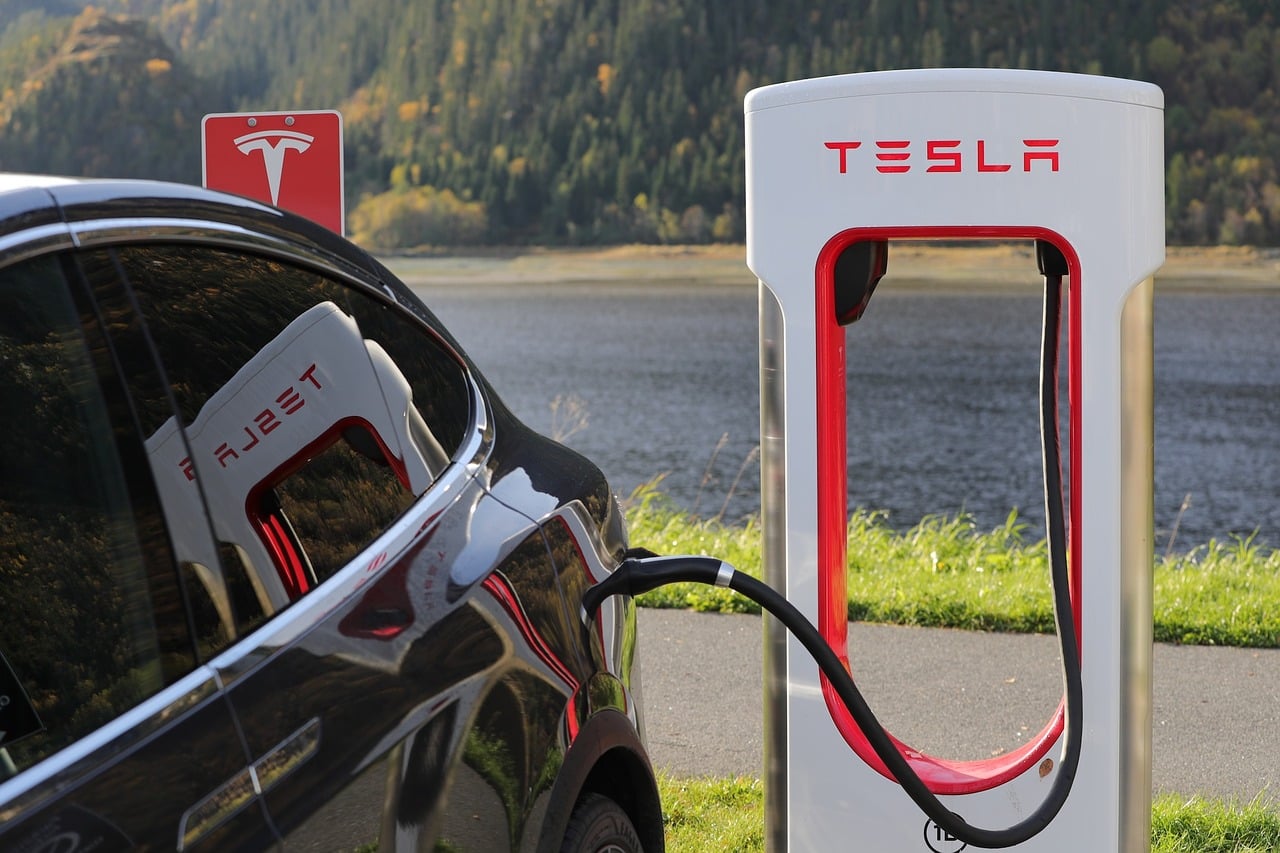Following a surprise third quarter earnings beat; Tesla Inc. (NASDAQ:TSLA) stock has been on a tear, more than doubling in value in less than three months. During this historic run-up, Tesla achieved a remarkable milestone when it surpassed the combined market cap of Ford and GM, two companies that were the biggest in America for much of the 20th century.
Market cap however is only one metric for measuring the size of a company. A company’s size can also be defined in terms of revenue, earnings, sales , assets, number of employees. When using these figures to compare Tesla with GM, Ford and VW a different picture emerges as shown in the table below.
For established automakers the creation of value has always been achieved through volume production. Building millions of cars requires spending billions on state-of-the-art factories which are run round the clock and staffed by multiple shifts of thousands of employees. Henry Ford created the largest auto company in the world by implementing a fast and efficient production line that turned out two million Model T’s a year in 1925. In the hundred years since then no successful automaker has deviated from that formula. No company has managed to achieve a valuation in the tens of billions without producing cars on a massive scale until Tesla came along.
VW, Ford and GM vs Tesla
If production volume is so critical in the auto business how did Tesla manage to become more valuable than Ford and GM combined without achieving it? Together Ford and GM sold just over 14 million vehicles in 2019, which is roughly 40 times more than what Tesla sold. A common explanation heard from many Tesla investors is that “Tesla should be valued like a tech company not an auto company.”
No one considers GM and Ford to be tech companies so how does Tesla earn the tech label when 90% of its revenue comes from selling cars? One explanation Tesla is a leader in electric vehicle and battery technology, although it is far from clear exactly how its technology is better given that most of its parts, including many of its batteries, are manufactured by third parties. It helps that the company is headquartered and builds cars in the heart of the Silicon Valley. Tesla also touts its autonomous driving technology, but its lead in this area is debatable as well.
What is not debatable is that Tesla has been far more aggressive than competitors like Waymo in making promises regarding the company’s self-driving technology. Elon Musk has promised that by the end of this year Tesla cars will be capable of earning money for their owners by acting as fully autonomous robo-taxis. Perhaps the biggest factor is “technology perception” that Elon Musk has been able to create from a continuing series of splashy presentations combined with the aggressive use of social media.
VW, Ford and GM not only big players competing against Musk
Musk himself, with his tech background, unpredictable lifestyle, and constant bluster, is a key part of the technology perception. He portrays Tesla cars as the new iPhone and competing auto manufacturers as sellers of Blackberrys. As I noted in a previous post, competing automakers have played into this story by failing to produce innovative electric cars in any volume and failing to use social media in effectively marketing those cars that are produced.
The appeal of investing in a tech company becomes clear when looking at the largest companies in the world. Tech giants Apple, Amazon, Google, Microsoft, Facebook, Alibaba and Tencent are all in the world’s top ten in market capitalization. Combined these seven giants account for six trillion dollars of market cap. In 2003, Facebook and Alibaba didn’t exist, Google had yet to go public, Apple and Amazon had a combined market cap of ten billion dollars and the Ford Motor Company celebrated its 100th anniversary.
The belief that Tesla is a tech company may prove to be largely irrelevant if Tesla can live up to Musk’s many promises and position Tesla as the clear technological leader in the auto sector as the industry moves toward electric vehicles. Nonetheless, the value of the company’s technology will always be constrained by the logistical challenges of the auto business. Tesla can only sell their technology to customers packaged with a car costing north of 50,000 dollars.
Tesla vs the ghost of Steve Jobs
Customers may be willing to pay a premium for great tech when it means paying few hundred dollars more for an iPhone as compared to an Android model but getting customers to behave that way when buying car is a different matter. Furthermore, the auto business cannot scale up like tech. It cannot add millions of users overnight at close to zero marginal cost like Facebook or Netflix. Growth in the auto business requires massive amounts of cash to build factories, service centers, and infrastructure support.
In short, competing automakers have handed Tesla the “tech” high ground by failing to make and creatively market innovative electric cars. This has allowed Tesla to trade like a tech company. But the competition seems to be awakening. Ford’s introduction of the Mustang Mach-E is an example. If Tesla loses its tech halo and starts trading more like a car company, its current stock price cannot be justified.






